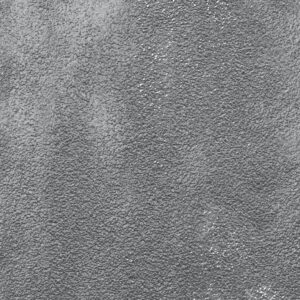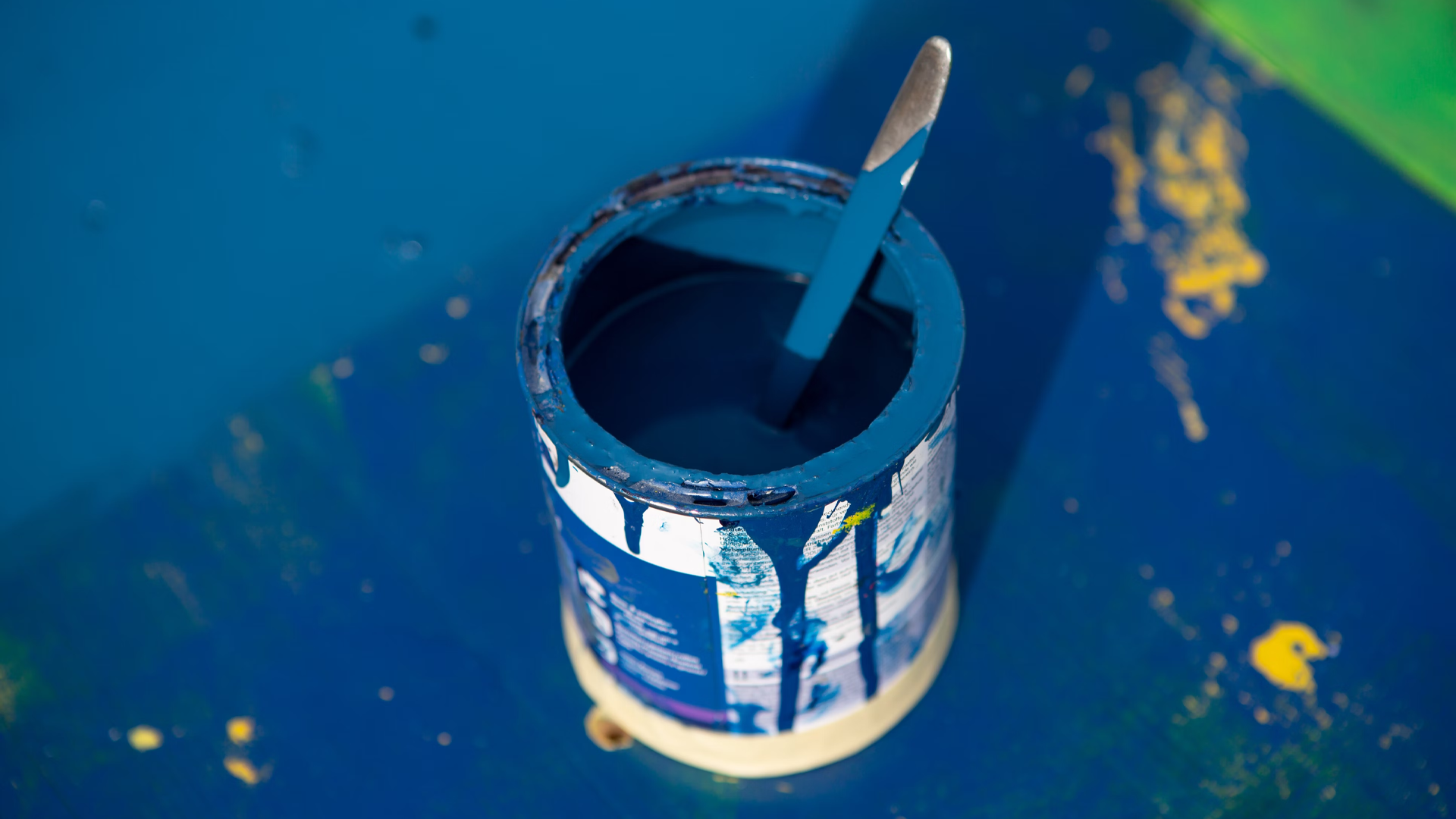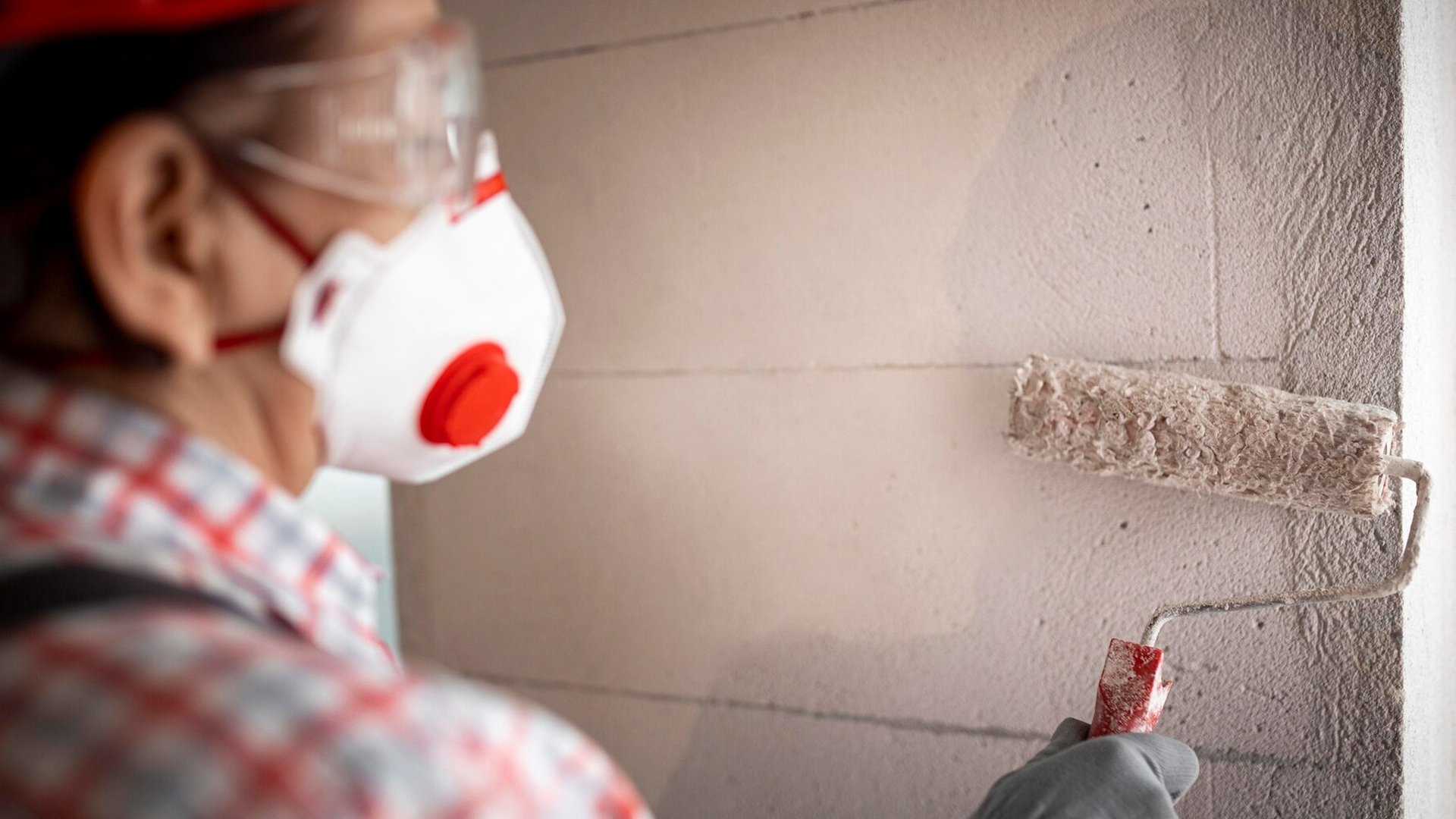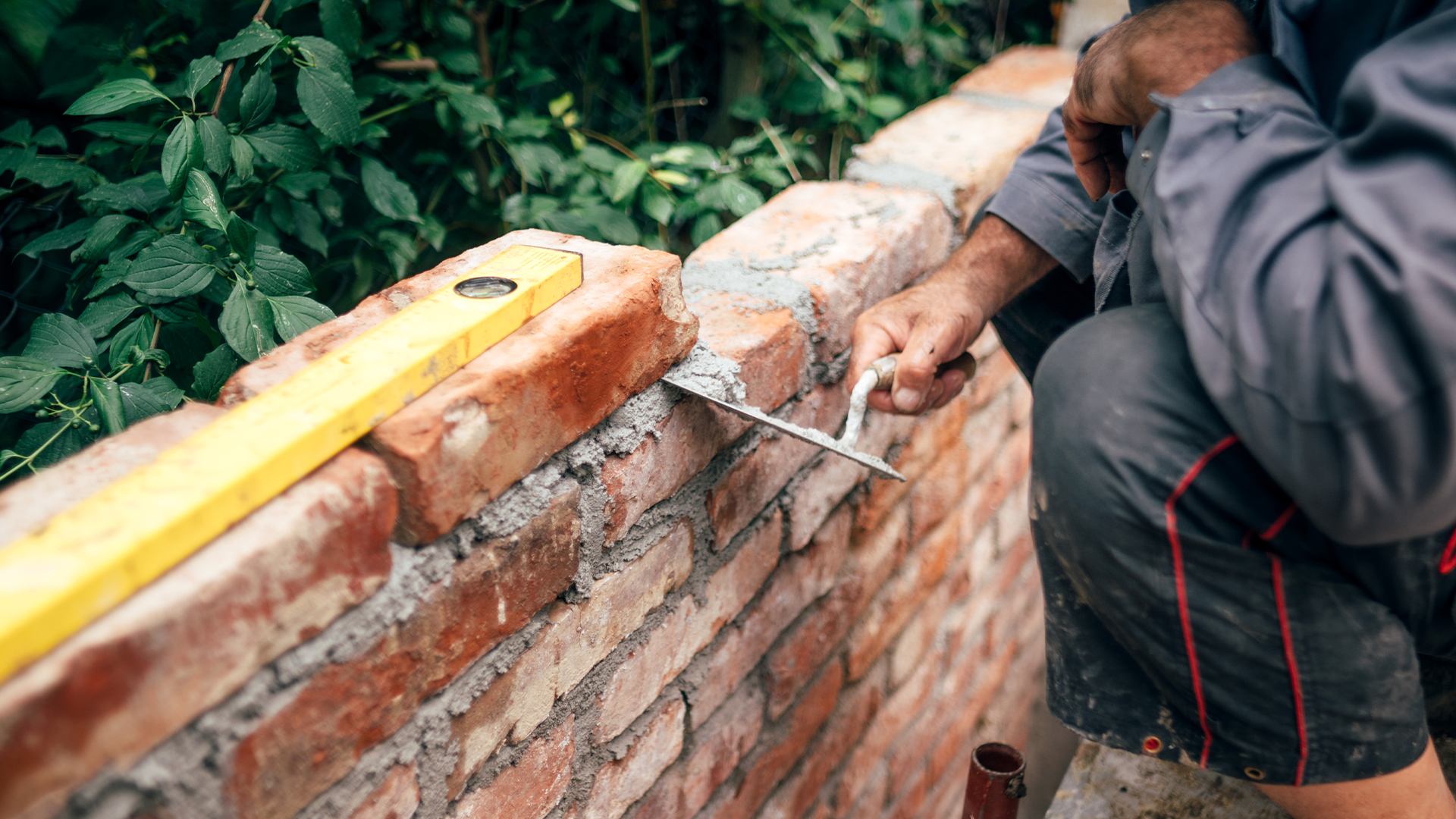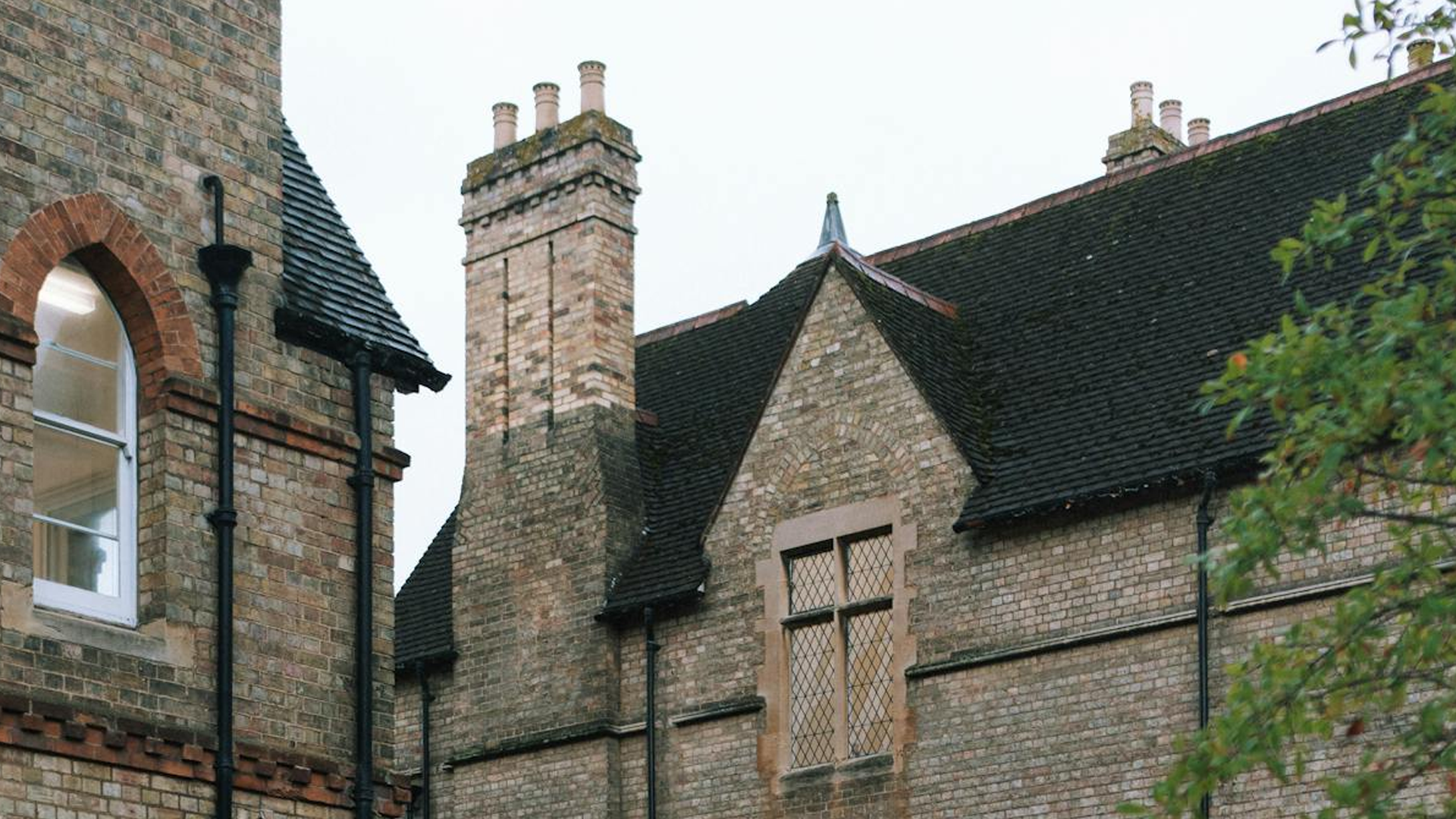Concrete is a versatile building material widely used in construction projects due to its strength and durability. However, over time, concrete surfaces can become dull, stained, and damaged, affecting their appearance and functionality. There are different types of concrete coatings and we have listed all of them in this article.
Types of Concrete Coatings
Concrete coatings come in a variety of forms and are made from different materials to suit different needs and requirements.
Acrylic Concrete Coating: Acrylic concrete coatings are made from a mixture of acrylic resins and water-based solvents. They are easy to apply, fast-drying, and offer excellent colour retention and UV resistance.
Acrylic coatings are an excellent choice for outdoor concrete surfaces, such as patios, pool decks, and driveways, as they provide a durable, slip-resistant finish.
Epoxy Concrete Coating: Epoxy concrete coatings are made from a combination of epoxy resin and hardener. They are known for their excellent adhesion and durability, making them ideal for high-traffic areas, such as commercial floors and garage floors.
Epoxy coatings are also resistant to chemicals, abrasion, and impact, making them an excellent choice for industrial applications.
Polyurethane Concrete Coating: Polyurethane concrete coatings are made from a mixture of polyurethane resin and hardener. They offer excellent abrasion resistance, durability, and flexibility, making them an excellent choice for concrete surfaces that are subjected to frequent movements, such as bridges and roads.
Polyurethane coatings are also resistant to chemicals, UV rays, and weathering, making them an ideal choice for outdoor concrete surfaces.
Polyaspartic Concrete Coating: Polyaspartic concrete coatings are made from a combination of polyaspartic resin and hardener. They offer excellent durability, abrasion resistance, and chemical resistance, making them an excellent choice for commercial and industrial concrete surfaces.
Polyaspartic coatings also have a fast-drying time, making them a popular choice for time-sensitive projects.
Urethane Concrete Coating: Urethane concrete coatings are made from a mixture of urethane resin and hardener. They offer excellent flexibility, abrasion resistance, and chemical resistance, making them an excellent choice for concrete surfaces that are subjected to frequent movements, such as bridges and roads.
Urethane coatings are also resistant to UV rays, weathering, and water, making them an ideal choice for outdoor concrete surfaces.
Characteristics of Concrete Coatings
When selecting a concrete coating, it’s important to consider its characteristics and whether they meet your specific needs and requirements. 1.Durability
Durability is a key factor when choosing a concrete coating, as it determines the coating’s ability to withstand wear and tear over time.
Durable concrete coatings are resistant to impact, abrasion, and chemicals, making them ideal for high-traffic areas and industrial applications.
2. Abrasion resistance
Abrasion resistance refers to a coating’s ability to resist wear caused by friction or rubbing. Concrete surfaces subjected to frequent foot and vehicle traffic require coating with high abrasion resistance to prevent damage and ensure long-lasting performance
3. Chemical resistance
Chemical resistance refers to a coating’s ability to withstand exposure to chemicals, such as acids, bases, and solvents.
Concrete surfaces that may come into contact with chemicals, such as industrial floors and chemical storage facilities, require coatings with high chemical resistance to prevent damage and ensure safety.
4. UV resistance
UV resistance refers to a coating’s ability to resist fading and discoloration caused by exposure to UV rays. Concrete surfaces exposed to direct sunlight, such as outdoor patios and pool decks, require coatings with high UV resistance to prevent colour fading and ensure long-lasting performance.
5. Flexibility
Flexibility refers to a coating’s ability to accommodate movement without cracking or peeling. Concrete surfaces that may be subjected to frequent movements, such as bridges and roads, require coatings with high flexibility to prevent cracking and ensure long-lasting performance.
6. Water resistance
Water resistance refers to a coating’s ability to resist damage caused by water exposure. Concrete surfaces exposed to moisture, such as basement floors and shower stalls, require coatings with high water resistance to prevent damage and ensure long-lasting performance.
Considerations when Choosing a Concrete Coating
Concrete coatings offer a range of benefits, including improved durability, enhanced appearance, and increased resistance to wear and tear.
Purpose of the Coating
Before selecting a concrete coating, it’s important to consider the purpose of the coating. Will the coating be used for decorative purposes, such as enhancing the appearance of a patio or pool deck?
Or will it be used for functional purposes, such as providing increased abrasion resistance for a commercial floor or increasing chemical resistance for a chemical storage facility? Understanding the purpose of the coating will help you determine the best type of coating for your needs.
Surface Preparation
Surface preparation is crucial for ensuring a successful concrete coating application. It involves cleaning the surface, repairing any cracks or damage, and ensuring that the surface is properly primed.
It’s important to choose a concrete coating that is compatible with the surface preparation methods you will be using, as some coatings require specific preparation methods to achieve the best results.
Climate Conditions
Climate conditions, such as temperature and humidity, can impact the performance of a concrete coating. It’s important to choose a concrete coating that is suitable for the climate conditions of your location, as some coatings may not be able to withstand extreme temperatures or high levels of humidity.
Budget
The cost of concrete coatings can vary widely, depending on the type of coating, the size of the surface, and the complexity of the application.
When choosing a concrete coating, it’s important to consider your budget and choose a coating that meets your needs without breaking the bank.
Maintenance Requirements
Maintenance requirements vary depending on the type of concrete coating. Some coatings require regular maintenance, such as re-coating or cleaning, while others are low-maintenance and require minimal upkeep.
It’s important to consider the maintenance requirements of each type of coating and choose one that fits your needs and lifestyle.
Conclusion
Concrete coatings play an important role in protecting and enhancing concrete surfaces. From acrylic to epoxy, polyurethane to polyaspartic, and urethane, there is a wide range of concrete coatings available to meet a variety of needs and preferences.
Concrete coatings provide a range of benefits, including improved durability, enhanced appearance, and increased resistance to wear and tear. They are an essential component in maintaining the longevity and appearance of concrete surfaces.
In conclusion, concrete coatings are an essential component in maintaining the longevity and appearance of concrete surfaces. By considering the different types of coatings available and the key considerations when choosing a coating, you can find the perfect solution for your needs.
